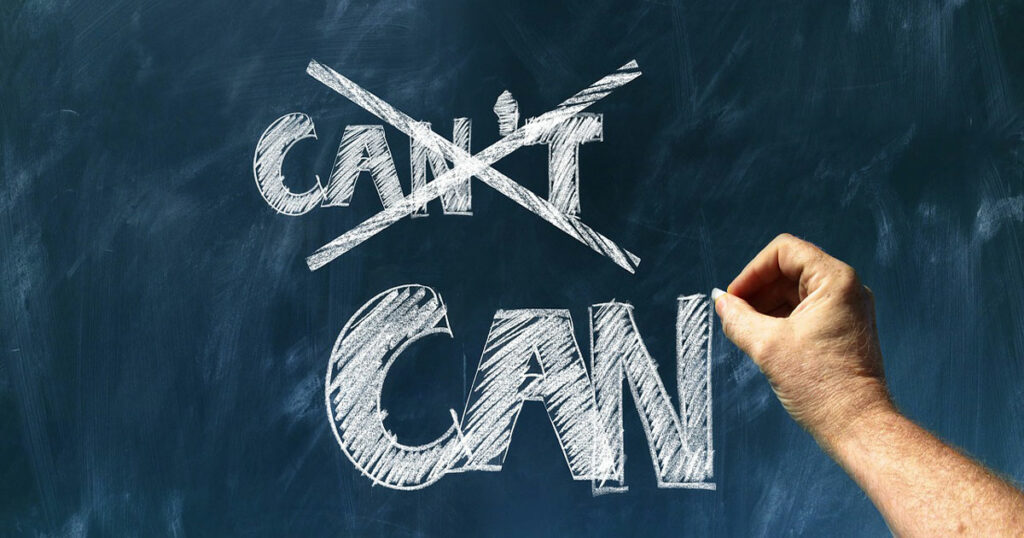Probate Forms
Whether you choose to deal with Probate yourself or whether a solicitor or professional deals with it on your behalf, a range of official forms must be completed correctly to start the proceedings and fulfil the legal duties bestowed upon anyone performing this duty.
To apply for Probate, you must fill out a form PA1. This is the Probate Application Form and must be completed for any estate subject to Probate (remember, some small estates do not need Probate to be granted, contact us for more details). This form includes the name, date of birth, date of death, and the former occupation of the deceased. Depending on whether or not a legal Will was in place, you will have one of two variants of this form to complete:
- If there is a legal and valid Will, then Form PA1P will need to be completed
- If there is no legal or valid Will, then Form PA1A will need to be completed
To provide details of the deceased’s estate, you will need to complete Form IHT205 in cases where the estate is small enough not to be subject to Inheritance Tax, but it is also used for estates that are worth less than £1,000,000 on which there is no Inheritance Tax to pay.
The IHT400 Form is used to provide information about the deceased’s estate if the total value exceeds the Inheritance Tax threshold of £325,000 but is also used in other circumstances depending on how the estate is made up.
Once these forms are completed, there is a range of other forms that might be needed depending on particular situations, including:
- IHT435 – if you wish to use the Residence Nil Rate Band
- IHT436 – in order to transfer any unused Residence Nil Rate Band
- IHT402 – in order to transfer unused Nil Rate Band
- IHT403 – to deal with gifts or transfers of value
- IHT404 – to deal with jointly owned assets
- IHT405 – for dealing with houses, land, buildings and interests in land
- IHT406 – to deal with the bank and building society accounts
- IHT407 – to deal with household and personal goods
- IHT408 – to deal with goods donated to charity
- IHT409 – to deal with pensions
- IHT410 – to deal with life assurance and annuities
- IHT411 – to deal with listed stocks and shares
- IHT412 – to deal with unlisted stocks or shares or control holdings
- IHT413 – to deal with business relief and partnership interests and assets
- IHT414 – to deal with farms and farmhouses
- IHT415 – to deal with interest in another estate
- IHT416 – to deal with debts due to the estate
- IHT417 – to deal with foreign assets
- IHT418 – to deal with any assets held in trust
- IHT419 – to deal with debts owed by the deceased
- IHT420 – to deal with any National Heritage assets



